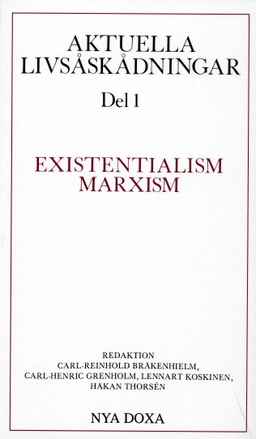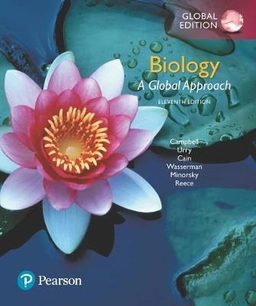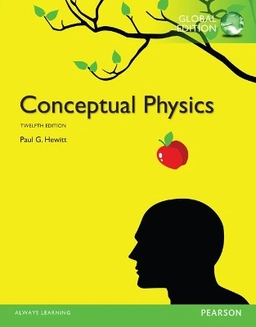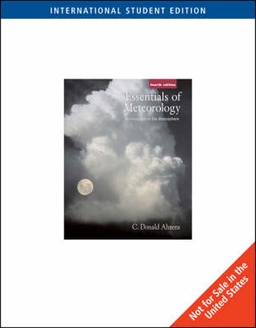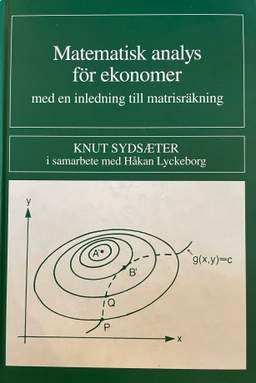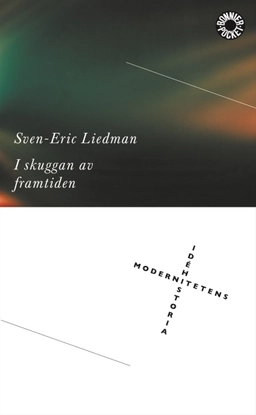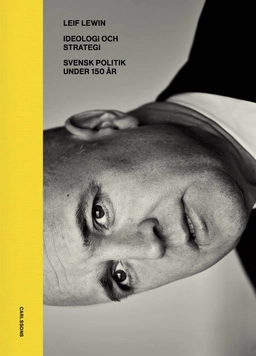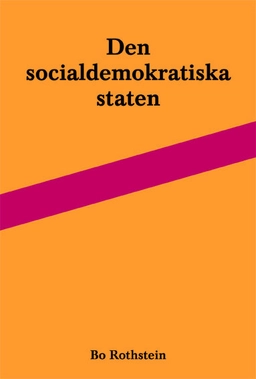H. Stuart Hughes was perhaps the greatest chronicler of the modern intellectual history of Europe. His monumental work, "Consciousness and Society," was a benchmark. The original publication of the book marks the first time an author undertook with such power or so broad a scope the canvas used by the generation of 1890's Europe. When it was first published, "Consciousness and Society" was greeted with much respect and admiration. It still affects the way historians and political theorists approach their work.
Hughes' ideas, and the way they are expressed in "Consciousness and Society," have become paradigms of twentieth-century scholarship. In dealing with the changing social thought after 1890 in Europe, Hughes covers a wide array of thinkers and issues in a scholarly, yet graceful manner. His is a study of the "cluster of genius" of Europe at that time: Croce, Durkheim, Freud, Weber, and Nietzsche, as well as other great European minds. The book explores questions that are still relevant in today's society: Is the separation of facts and values tenable, or even desirable? Can rationality accommodate the ideas of a Bergson or a Freud? Is there, or should there be, a relationship between science and religion? And does history have any ultimate meaning for later generations?
"Consciousness and Society" was the first of a trilogy, the latter two being "The Obstructed Path" and "The Sea Change." While the subsequent studies are also groundbreaking and significant works, it was "Consciousness and Society" that established Hughes' rank in the field of intellectual history. Hughes approaches his subjects, as he later did with pertinent issues of the twentieth-century, with both reason and compassion. This edition includes an elegant new introduction by the distinguished political scientist Stanley Hoffmann.
Åtkomstkoder och digitalt tilläggsmaterial garanteras inte med begagnade böcker
![Consciousness and society : [the reorientation of European social thought 1890-1930]; Hughes; 1979](/images/format:webp/size:384:0/quality:100/asset/book-cover/consciousness-and-society-the-reorientation-of-european-social-thought-1890-1930-9780855276881)
![Consciousness and society : [the reorientation of European social thought 1890-1930]; Hughes; 1979](/images/format:webp/size:384:0/quality:100/asset/book-cover/consciousness-and-society-the-reorientation-of-european-social-thought-1890-1930-9780855276881)
